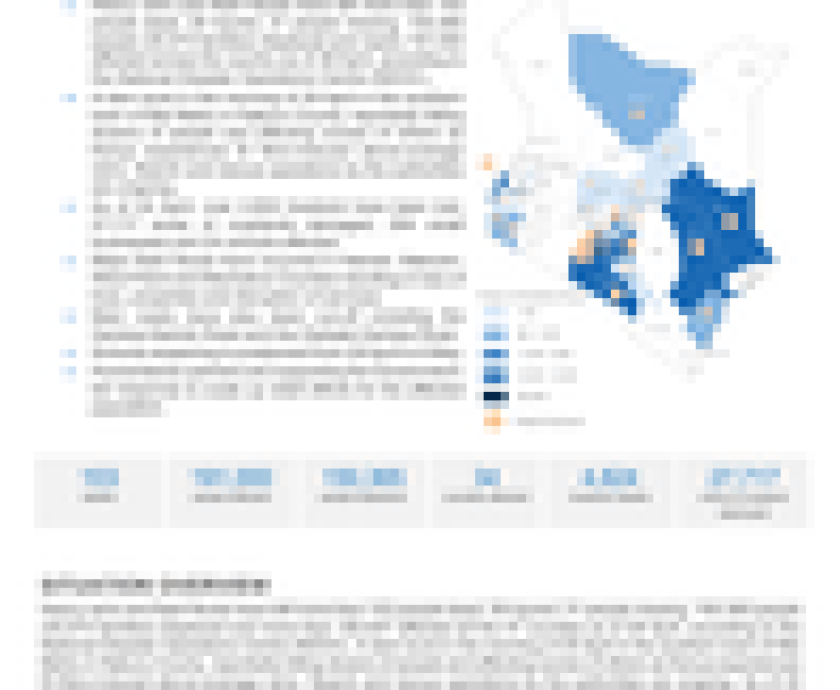Click to expand Image
A mural reading, “The Revolution will go on” is seen on a wall in Khartoum, Sudan, June 18, 2019.
© 2019 Umit Bektas/Reuters
On September 18, a court in Khartoum sentenced five Sudanese artists to two months in prison and made them pay a fine of 5,000 Sudanese pounds (USD $90) on charges of “disturbing public peace” and “public nuisance,” for chanting pro-democracy slogans at the police station. The case exposes serious flaws in Sudan’s legal, criminal justice, and judicial systems.
The artists are members of the art collective Civic Lab and were arrested on August 10 while rehearsing a play. According to witnesses, two neighbors, who had previously objected to the group’s activities, entered their offices complaining of noise. One of them physically attacked the group’s office manager, 28-year-old Duaa Tarig.
When the police arrived, they arrested 10 artists even as the neighbors continued to assault them. Police accused the artists of violating Sudan’s Covid-19 curfew, along with the public nuisance charges.
The court dropped the curfew charge but convicted five of the artists on public nuisance. Six others face the same charges. The group’s neighbors were not arrested or charged.
The case underscores how police, prosecutors, and judges are still operating as they did under former president Omar al-Bashir, using vague provisions that give wide discretionary powers for authorities to restrict basic rights and freedoms. The case also highlights the abusive tactics used by police and security officials. At the police station, an officer assaulted Duaa Tarig when she objected to him recording the arrests on his phone. She says that she filed a complaint, but authorities have yet to take action.
At the prison, officers also beat Hajooj Kuka, an internationally-acclaimed filmmaker and activist, and cut part of his hair – a well-known humiliation tactic under al-Bashir’s government, which authorities used during the government’s bloody crackdown on protesters in Khartoum in June 2019.
The five convicted artists are serving their sentence in a prison in Omdurman and appealing the ruling. The court is expected to render its verdict on the remaining six this week.
Sudan’s transitional government has been slow on reform, and these artists are paying the price.
Authorities should release the artists and drop all charges. They should address the longstanding problem of police brutality, investigate abuses, and hold those responsible to account. They should introduce safeguards to prevent authorities using vague “disturbing public peace” and “public nuisance” provisions to restrict freedoms of expression and assembly.



